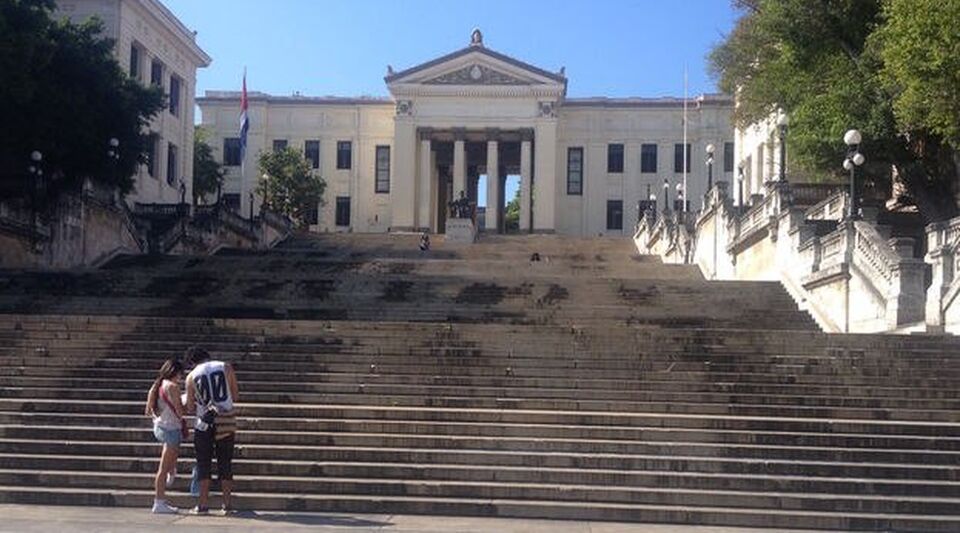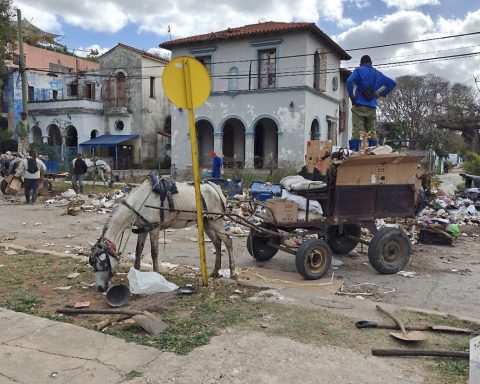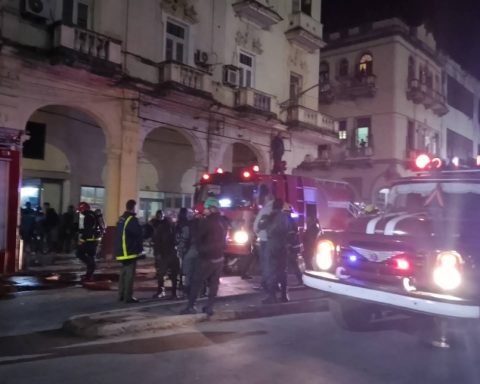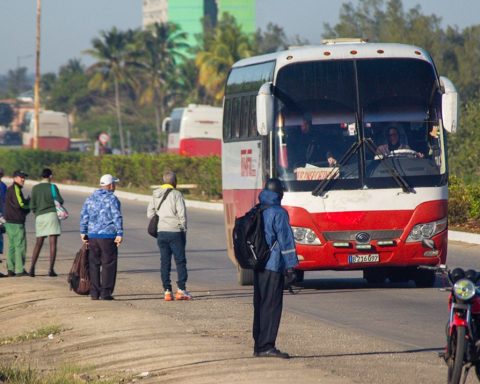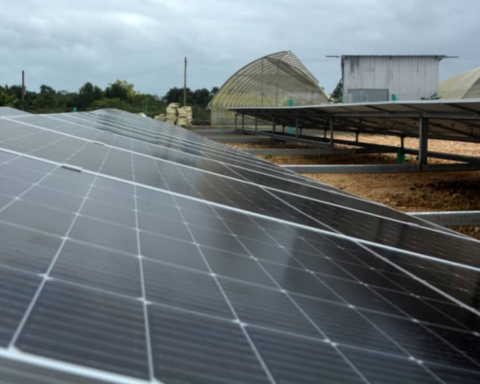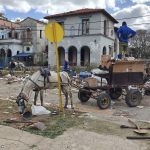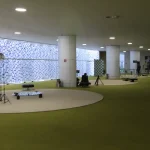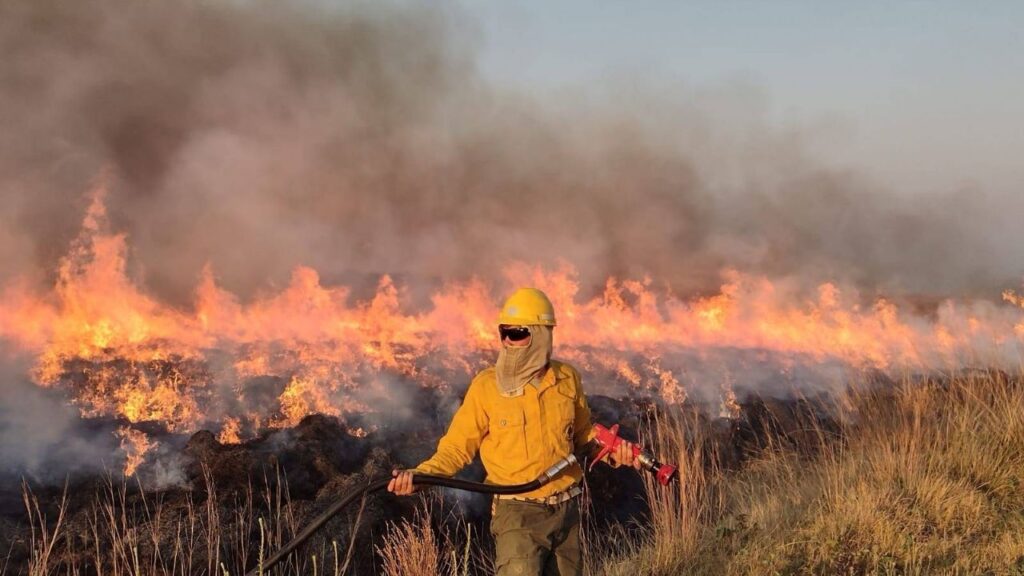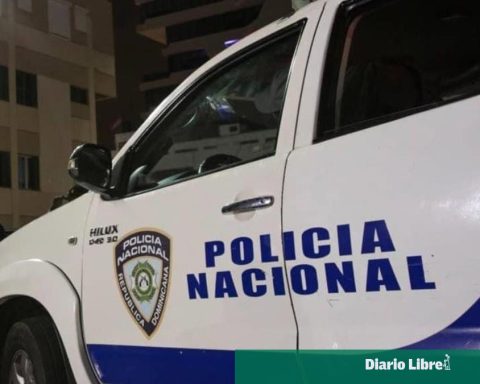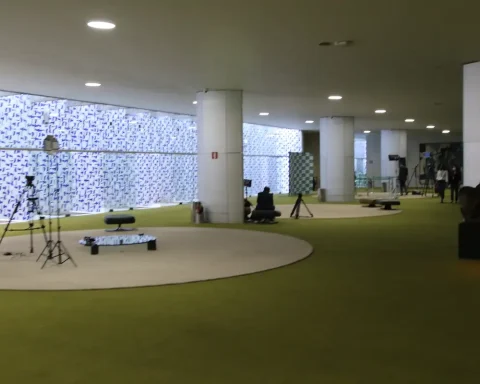All high school graduates who want to enter the University will be able to do so this year even if they fail the entrance exams. This was reported to the official press Rene Sanchez Diazan official from the Ministry of Higher Education, who boasted that everyone “will be able to obtain university degrees.”
The results of the entrance tests will only determine the order of the ladder for the granting of the available places, he specified.
The first group of students who will have the right to choose a university career will be those who have passed with a minimum of 60 points, then those who have failed, and then the Pre-university graduates who did not take the entrance exams.
Lastly, graduates from Technical and Professional Education, from the Worker-Peasant Faculty as well as from previous pre-university courses and other cases “assessed by the Provincial Income Commission” will be located.
Reynaldo Velázquez Zaldívar, another director of the Ministry, clarified that for the moment this measure is of an “exceptional” nature, without specifying the reasons that have led them to take it.
The new school year will begin on April 18, 2022 and will run until February 3, 2023, a total of 35 weeks, which is nine less than the duration of an ordinary course.
Reynaldo Velázquez Zaldívar, another director of the Ministry, clarified that for the moment this measure is of an “exceptional” nature, without specifying the reasons that have led them to take it, and assured that the number of places offered is 100,022, 9,000 more than the last year.
This increase in places contrasts with the notable decrease in the number of students studying a university degree. According to official figures, in the 2019-2020 academic year, 88,000 students entered Higher Education, compared to 90,691 in 2015-2016.
The official decision is reminiscent of what happened in the 70s and 80s on the Island, when university was accessed without tests and where only the students’ grades in their exams during the course were taken as a reference for the ranking.
The consequences of the abolition of these meritocratic customs, together with the indoctrination that has accompanied education for more than 60 years, have caused the quality of university studies to decline, something recognized even by the island’s own authorities.
This same Monday, in a note published in the newspaper Invasive on the malfunctioning of state-owned companiesan official from the University of Ciego de Ávila assured that they have detected “training problems on Cuban standards in university education itself.”
Since March 2020, when the covid-19 pandemic began to affect the Island, students of all levels have received classes through national television
Starting in the 1990s, with the acceptance of the dollar in Cuba, university courses began to suffer a strong devaluation compared to trades where foreign currency could be acquired, especially in the tourism sector, even if the jobs were of little preparation, such as cleaning in hotels.
In any case, the scheduled dates for the entrance exams are March 1, 4 and 8 (for the subjects of mathematics, Spanish and history, respectively), with an extraordinary call for those who, justifiably, cannot attend those first days. , which will be held on April 4, 6 and 8.
Since March 2020, when the covid-19 pandemic began to affect the Island, students of all levels have received classes through national television. After the health authorities and the Government decreed a relaxation of the measures, classes have restarted in person and programs have been adjusted so that students can make up for lost time.
Higher education students were the first to join classes last year. They did it virtually through a platform created specifically for university students and through which they were able to recover some classes that had been postponed due to the closure.
________________________
Collaborate with our work:
The team of 14ymedio is committed to doing serious journalism that reflects the reality of deep Cuba. Thank you for joining us on this long road. We invite you to continue supporting us, but this time becoming a member of our journal. Together we can continue transforming journalism in Cuba.
